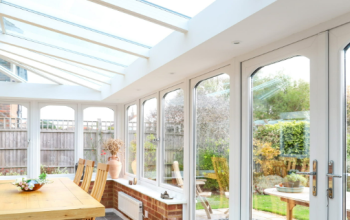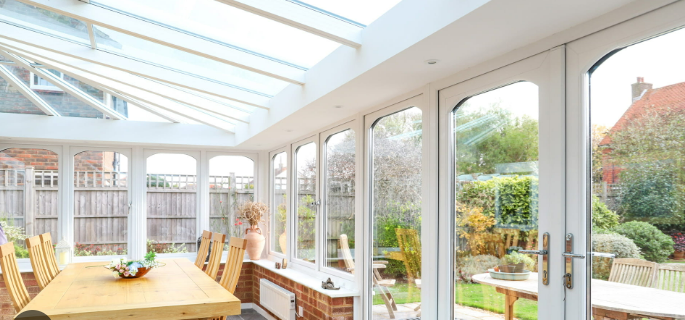A dilemma that effects millions of young people across the land is the decision whether to buy or to rent a property. There are so many factors to consider when taking that first giant step to buy or to rent a home. Buying a home is the biggest financial decision you will ever have to make, a huge commitment to paying a large mortgage over the next twenty-five years or more. Can you afford to buy, that’s really the first question to ask yourselves? You will need a large deposit, extra money for survey costs, possible stamp duty, legal costs and if it’s your second home or you already have lots of possessions then removal costs. Once you’ve purchased your new property possibly through Gloucester Sales and Lettings, apart from making sure you pay the mortgage every month there are several other bills to consider. Utility bills, such as gas, electric, cable and phone bills all add up and you will need to budget your income to make sure all your outgoings are covered. When trying to secure a mortgage most lenders will look at the amount of money you earn and will lend you money on what’s known as a Loan to Income Ratio. For example, if you earnt as much as £50,000 annually they might be prepared to lend you up to £250,000. More likely the lender will cap your loan at four-and-a-half times your income, this way they consider all your other outgoings. They will try to help you to stop the horrible possibility that your home will be repossessed if you fail to make your mortgage payments.

Maybe renting is the better option for you, there is no large mortgage deposit to pay. Though you will still need to pay a deposit and a security deposit on a rental property so you will need to have a considerable amount of money saved. When renting anything that goes wrong in the house should be put right by the landlord so large repair bills are normally avoided. Renting is a great idea if you’re looking for a short-term option to living independently. Somewhere like https://www.tgres.co.uk/blog could help you decide the best option for you. When you think about moving on from a rented property it depends on your lease how much notice you need to give your landlord. At least you won’t have to worry about putting the house on the market and all the usual moving fees normally entailed when moving properties.

Obviously, the main disadvantage of renting a property is that it will NEVER be yours, so, no financial gain will be yours when the property is sold on. Two of the other disadvantages when renting are, firstly, that you can’t make changes to the rental property without the landlord’s permission. Secondly, you can’t control the rental price fluctuations, as this is directly affected by inflation. This means that your rent could increase beyond your expectations and you wouldn’t be able to afford to stay in the property you live in. Don’t take the decision lightly, get some professional advice and weigh up all the pros and cons.





